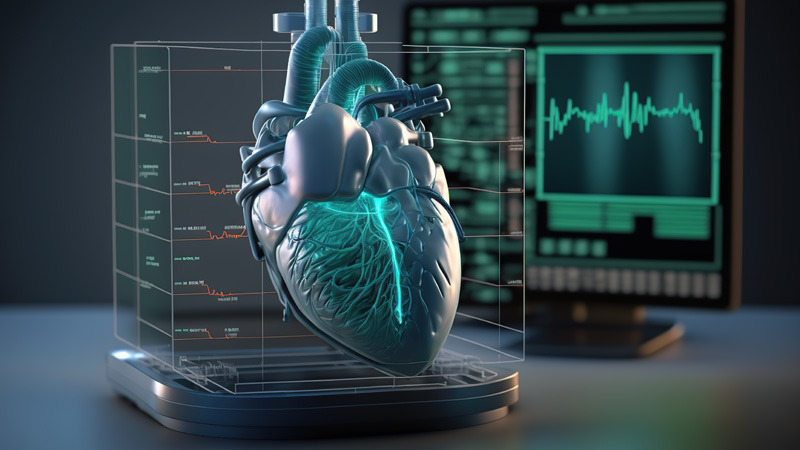
Cardiovascular disease continues to be a major concern, and the electrocardiogram (ECG) is a proven non-invasive technique for detecting cardiac issues. Traditional diagnosis, on the other hand, is based on an individual patient’s medical history and clinical examinations, which are ineffective owing to diverse data. By analyzing the electrical activity of the heart, AI is being used to identify prognostic arrhythmias such as atrial fibrillation. Deep convolutional neural networks (CNNs) are the basic building blocks of machine learning algorithms used in cardiovascular medicine to analyze ECG data. The adoption and use of AI-based diagnostic tools in clinical settings, however, may be limited by issues with interpretability and openness, such as evaluating models’ performance across datasets, processing power consumption, privacy and security concerns, imbalanced and limited datasets, and lack of clear guidelines for CNNs. Nevertheless, these technologies offer standardization, continuous, real-time monitoring, and more accurate interpretation—all of which have the potential to improve patient outcomes. This blog provides an overview of AI technologies applied and the challenges associated with the ECG in the diagnosis of cardiovascular diseases.



